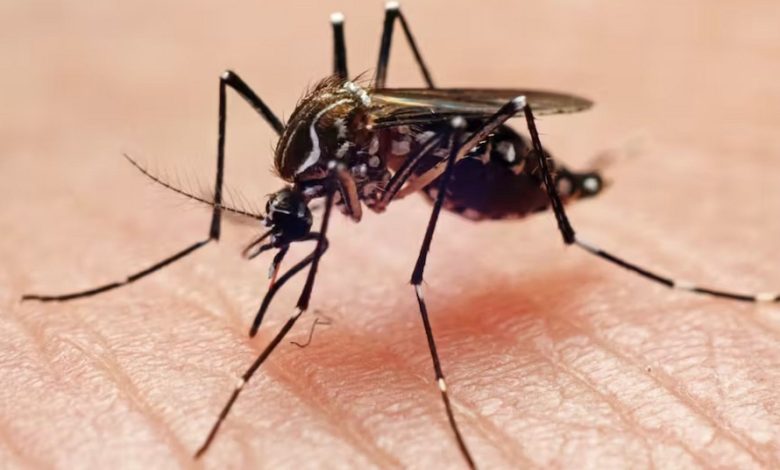Dallas faces alarming rise in West Nile virus cases this year

Dallas, Texas – In a concerning disclosure, the Dallas County Department of Health and Human Services reported a significant rise in West Nile virus cases this year, with 19 confirmed so far, primarily in the last month, according to Dallas Metro News. The first incidence was noted in July.
Recent reports from the department indicate that a staggering 79% of the affected patients, or 15 out of the 19 diagnosed, are grappling with West Nile neuroinvasive disease, a severe form of the virus. Sadly, two of these cases resulted in fatalities.
A geographical breakdown reveals that most of these cases, 16 out of 19, are within Dallas city limits. Irving and Grand Prairie have also reported two and one cases, respectively. Within Dallas, the Lake Highlands and Lakewood areas, especially ZIP codes 75231 and 75243, have shown two cases each.
Testing of mosquito populations in the same areas showed the presence of the West Nile virus in ZIP codes 75214, 75238, and 75243. A full list is available on the DCHHS website.
In contrast, only three cases were reported throughout 2022. Christian Grisales, a department spokesperson, speculates that the surge this year might be due to increased outdoor activities following the relaxation of pandemic restrictions. Also, the decreased use of insect repellents during these activities might have played a part.
“As people are returning to the new normal and going back to enjoying outdoor activities, that’s probably the reason why we’re seeing more cases,” Grisales remarked, as covered by Community Impact.
With the onset of cooler weather in North Texas, increased mosquito activity is anticipated. Grisales advises residents to be vigilant against mosquito bites and to closely monitor any symptoms post a bite.
“We want people to know that if you have a mosquito bite, you should monitor your symptoms, and if you need to seek medical attention, do so immediately,” Grisales emphasized. “It’s not something to ignore.”
Primarily transmitted via mosquito bites, the West Nile virus is a subtle yet considerable threat. While rare, other transmission routes exist like blood transfusions, organ transplants, and even from mother to child during pregnancy or breastfeeding.
The CDC states that only one in five infected individuals show evident symptoms, which can vary from fever and headache to more serious conditions. The period between a mosquito bite and the appearance of symptoms typically lasts three to fourteen days.
Given the seasonal increase in cases during summer and fall, DCHHS officials suggest following the ‘Four D’s’ as preventive measures:
DEET: Use insect repellents containing DEET or other EPA-approved ingredients. Dress: Wear long, loose, and light-colored clothing. Drain: Remove or treat stagnant water to prevent mosquito breeding. Dawn and Dusk: Limit outdoor activities during peak mosquito activity times. Grisales concludes, “Mosquitos aren’t going anywhere—they’re going to be around. What we can do to prevent mosquito bites is what will make a difference.”





